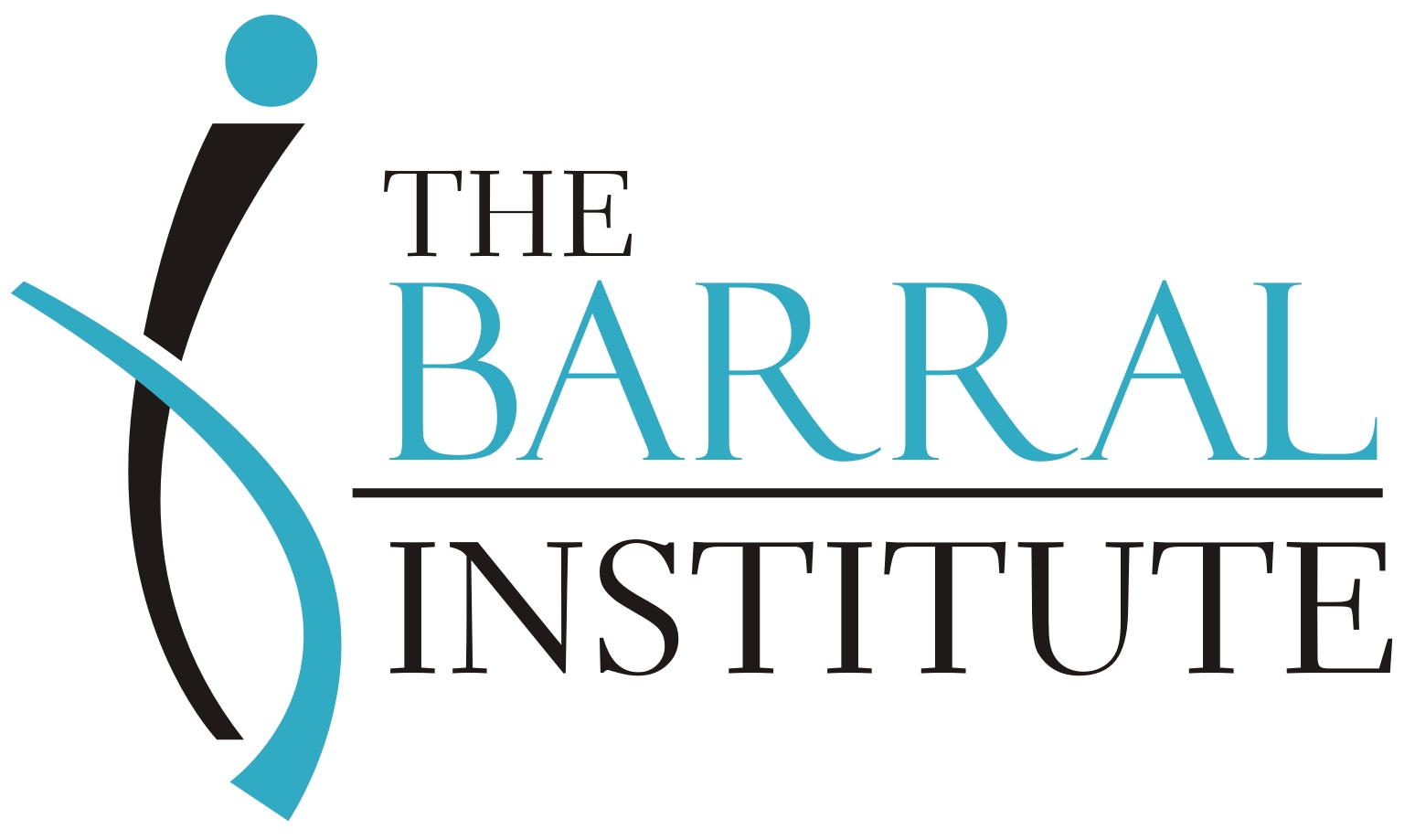Sponsored content provided by The Barral Institute
In the pursuit of holistic well-being, one might not immediately think about the intricate connections between internal organs and overall health. However, the practice of Visceral Manipulation (VM) sheds light on the profound impact these connections have on our bodies.
What is Visceral Manipulation?
VM is a gentle manual therapy that assesses the structural relationships between the viscera (organs) and their fascial or ligamentous attachments to the body’s systems. VM techniques assist functional and structural imbalances throughout the body’s systems including vascular nervous, urogenital, respiratory, digestive and lymphatic.
Understanding visceral dysfunction
Visceral dysfunction occurs when fluids, nutrition and nerve conductivity within the body are compromised. It manifests as restrictions in fascial attachments and supporting structures of the viscera, impacting mobility and motility. Massage therapists, familiar with the accumulation of strains in their clients over a lifetime, play a crucial role in addressing these dysfunctions.
Jean-Pierre Barral, a French osteopath is the developer of VM, and continues to play a pivotal role in advancing the field. His exploration of the visceral system’s relationships to structure and function has led to a comprehensive curriculum covering abdominal, pelvic, thoracic and cranial organs.
The transformative power of Visceral Manipulation: A new dimension in massage therapy
For massage therapists, VM opens a new door to understanding and working with persistent issues. Through identifying and addressing the primary strain within deeper tissues, practitioners can guide clients toward precise recovery. This approach goes beyond the superficial layers, offering a holistic perspective that integrates emotional and physical well-being.
The Barral Institute’s curriculum for VM unfolds across six enlightening levels, each exploring the anatomy, physiology, mobility and motility of various organs. VM classes cover abdominal, pelvic, thoracic and cranial organs, providing practitioners with a comprehensive skill set. The listening evaluation procedure, a unique technique, adds another layer to therapists’ capabilities.
As practitioners progress in their studies, they become eligible to explore neurological, vascular and articular aspects of the main visceral program. The focus on precision in palpation skills and techniques enhances the therapist’s ability to deliver more precise results, ultimately benefiting the clients’ recovery.
Visceral Manipulation: A missing piece of the puzzle
In the realm of manual therapy, VM emerges as a valuable tool. It complements other modalities, such as dry needling and movement training, making improvements for many conditions by conservative means. The intricate connections between organs and the musculoskeletal system become apparent, providing a deeper understanding of the root causes of ailments.
At its core, VM is not merely a technique; it’s a philosophy recognizing the profound interplay between our internal organs and overall health. The human body, often considered in parts, reveals its interconnectedness through VM. Practitioners equipped with the knowledge of VM can offer a unique and holistic approach to their clients’ well-being.
VM explores the mind-body connection, acknowledging emotions can echo within our organs. Understanding this connection allows therapists to address not just the physical symptoms but also the underlying emotional aspects contributing to persistent issues.
The therapist’s toolbox
VM adds a valuable tool to the therapist’s toolbox. It empowers practitioners to provide explanations based on anatomy for common but poorly understood ailments. By understanding the intricate connections, therapists can offer targeted and effective therapies.
Massage therapists equipped with the knowledge of VM can offer a unique and holistic approach to their clients’ well-being. As we navigate the depths of wellness, understanding and embracing the power of VM can lead to transformative outcomes for both practitioners and those seeking relief from persistent issues.
Unlock the potential of VM and elevate your therapeutic practice to new heights. Learn more about Barral Institute’s upcoming courses. Register now for one of these upcoming entry-level (VM1) classes!
